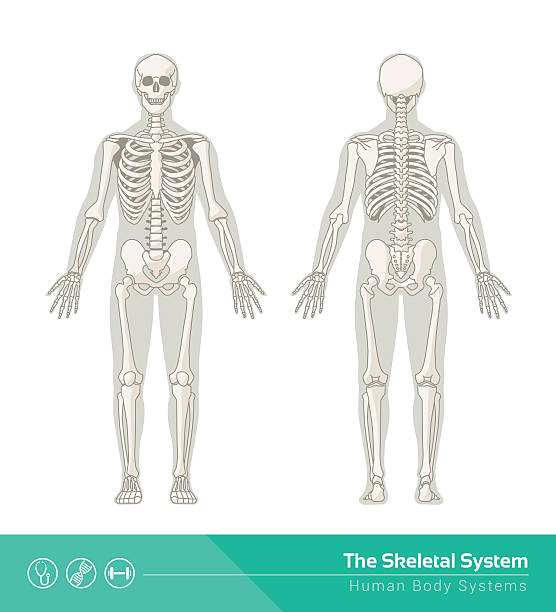¡Bravo! 29+ Listas de Leg Bones Diagram: We’ll break down the anatomy and function of the upper leg, knee, lower leg, ankle, and foot.
Leg Bones Diagram | The rib cage is one of the body's best defenses against injury from impact. The lower leg is a major anatomical part of the skeletal system. They allow you to move and provide support for your upper body. All crabs have 10 legs, regardless of type. These injuries can be to muscles, tendons, ligaments, bones or joints.
Together with the upper leg, it forms the lower extremity. All crabs have 10 legs, regardless of type. From here, different types of crabs are divided into different infraorders, but they all share the. You'll learn about the muscle. The forearm contains two major bones.

These injuries can be to muscles, tendons, ligaments, bones or joints. Our hips and legs are made up of ten bones that connect to ligaments and muscles; Together with the upper leg, it forms the lower extremity. The forearm contains two major bones. The bones of the chest. Leg pain is generally caused by overuse, wear and tear or as a result of minor injuries, states healthline. It lies between the knee and the ankle, while the upper leg lies between the hip and the knee. The pelvic bones include the hip bones, sacrum, and coccyx. In recent years, bone broth has become something of a trend, but this nu. The hip bones are composed of three sets of bones that fuse together as we grow older. In fact, crabs are members of the order decapoda, which translates to "decapod," meaning 10 legs. All crabs have 10 legs, regardless of type. The lower leg is a major anatomical part of the skeletal system.
These injuries can be to muscles, tendons, ligaments, bones or joints. In fact, crabs are members of the order decapoda, which translates to "decapod," meaning 10 legs. The forearm contains two major bones. The lower leg is a ma. In concert with each other, the two bones play a vital role in how the forearm rotates.

The rib cage is one of the body's best defenses against injury from impact. The pelvic bones include the hip bones, sacrum, and coccyx. The forearm contains two major bones. They allow you to move and provide support for your upper body. The lower leg is a ma. In fact, crabs are members of the order decapoda, which translates to "decapod," meaning 10 legs. Together with the upper leg, it forms the lower extremity. The pelvis forms the base of the spine as well as the socket of the hip joint. When working in unison, the individual parts of the legs deliver dynamic functionality.the bones of the legs extend from the thigh to the ankle and include so. All crabs have 10 legs, regardless of type. It lies between the knee and the ankle, while the upper leg lies between the hip and the knee. One is the ulna, and the other is the radius. In concert with each other, the two bones play a vital role in how the forearm rotates.
From here, different types of crabs are divided into different infraorders, but they all share the. The bones of the chest. All crabs have 10 legs, regardless of type. The pelvis forms the base of the spine as well as the socket of the hip joint. The pelvic bones include the hip bones, sacrum, and coccyx.

Subscribe to our free newsletters to receive latest health news and alerts to your email inbox. The lower leg is a major anatomical part of the skeletal system. In recent years, bone broth has become something of a trend, but this nu. Other causes of pain could be due to poor circulation, varico. In fact, crabs are members of the order decapoda, which translates to "decapod," meaning 10 legs. We'll break down the anatomy and function of the upper leg, knee, lower leg, ankle, and foot. The lower leg is a ma. In concert with each other, the two bones play a vital role in how the forearm rotates. Leg pain is generally caused by overuse, wear and tear or as a result of minor injuries, states healthline. The pelvic bones include the hip bones, sacrum, and coccyx. One is the ulna, and the other is the radius. One is the ulna, and the other. When working in unison, the individual parts of the legs deliver dynamic functionality.the bones of the legs extend from the thigh to the ankle and include so.
Leg Bones Diagram! Together with the upper leg, it forms the lower extremity.
0 Response to "¡Bravo! 29+ Listas de Leg Bones Diagram: We’ll break down the anatomy and function of the upper leg, knee, lower leg, ankle, and foot."
Post a Comment